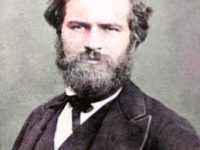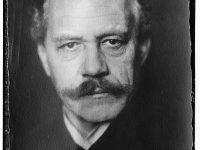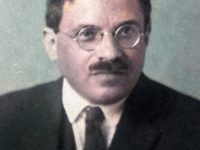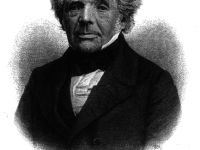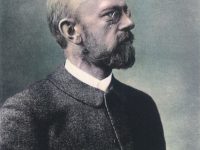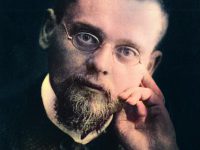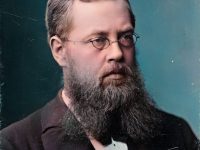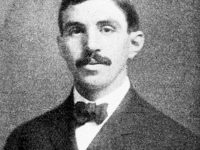Camille Jordan and the Cours d’Analyse.
On January 5, 1838, French mathematician Marie Ennemond Camille Jordan was born. Jordan is known both for his foundational work in group theory and for his influential Cours d’analyse. “[I was advised] to read Jordan’s ‘Cours d’analyse’; and I shall never forget the astonishment with which I read that remarkable work, the first inspiration for so many mathematicians of my generation, and learnt for the first time as I read it what…
Read more

